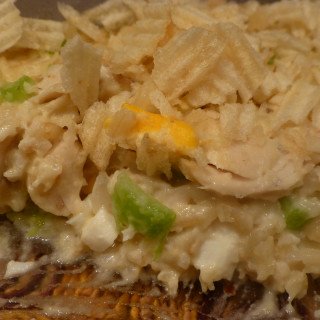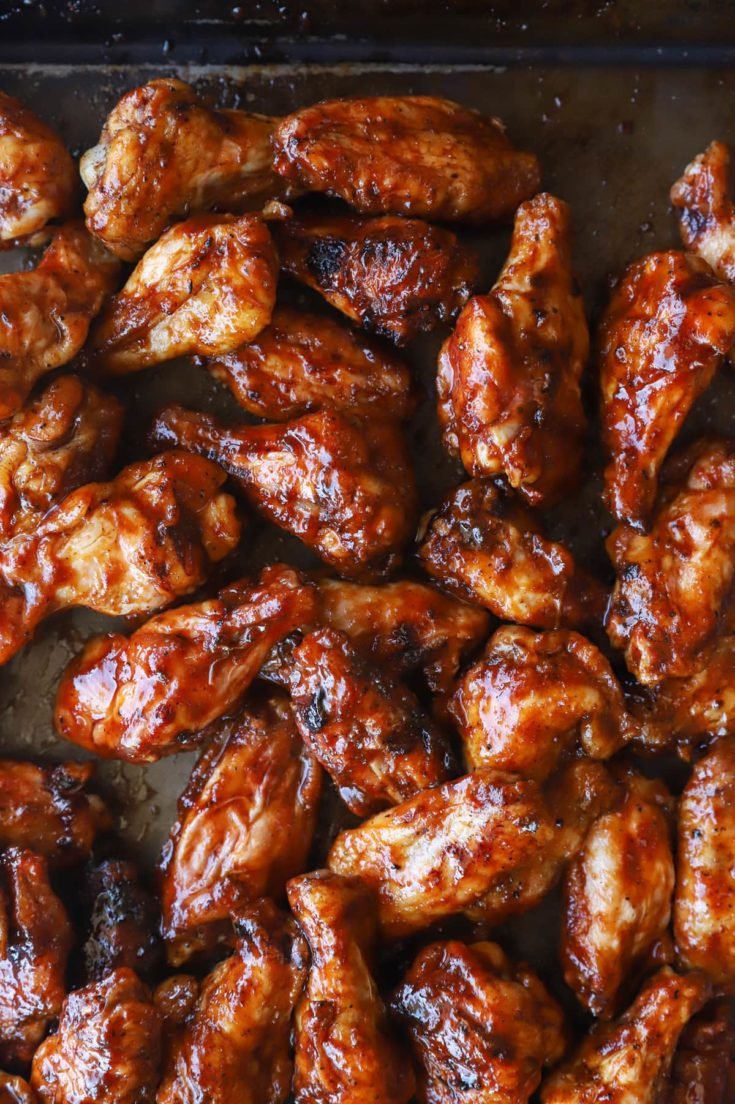
Đá gà tiếng Anh: Giới thiệu chi tiết về trò chơi truyền thống
Đá gà là một trò chơi truyền thống của người Việt Nam, có từ rất lâu đời và đã trở thành một phần không thể thiếu trong văn hóa dân gian. Trong bài viết này, chúng ta sẽ tìm hiểu về nguồn gốc, cách chơi, và những đặc điểm thú vị của trò chơi này bằng tiếng Anh.

Source
Đá gà

is a traditional game of the Vietnamese people, dating back many centuries and has become an integral part of folk culture. In this article, we will explore the origin, gameplay, and fascinating aspects of this game in English.

Origin and History
The game of cockfighting, known as “đá gà” in Vietnamese, has its roots in ancient times. It is believed to have originated in Southeast Asia and has been a popular pastime for Vietnamese people for centuries. The game was initially associated with religious rituals and was considered a way to honor the gods.
How to Play
Cockfighting involves two roosters, each weighing between 1.5 to 2 kilograms. The roosters are trained and conditioned for several months before the fight. The game is usually held in a circular pit, and the roosters are released into the pit to fight. The fight continues until one of the roosters is defeated or the referee stops the fight.
Rules and Regulations
Cockfighting has specific rules and regulations that must be followed. The roosters are equipped with spurs, which are sharp claws that help them in the fight. The game is judged based on the number of times a rooster is able to peck the other rooster. The rooster that pecks the other the most times is declared the winner.
Cultural Significance
Cockfighting holds significant cultural value in Vietnam. It is not only a sport but also a social activity. People gather to watch the fights, bet on their favorite rooster, and discuss strategies. The game is also a symbol of bravery and strength, as the roosters fight until the end.
Controversies and Challenges
Despite its cultural significance, cockfighting has faced criticism and controversies. Animal rights activists argue that the sport is cruel and inhumane. They believe that the roosters are subjected to harsh training conditions and are forced to fight against each other. However, many people in Vietnam still support the sport and consider it a part of their cultural heritage.
Conclusion
Cockfighting, or “đá gà” in Vietnamese, is a traditional game that has been passed down through generations. While it holds cultural significance, it also faces criticism and challenges. Understanding the game’s history, rules, and cultural value can help us appreciate its role in Vietnamese society.
“`



















